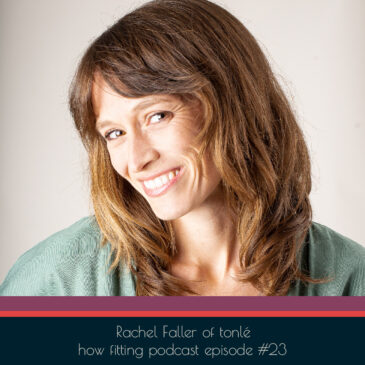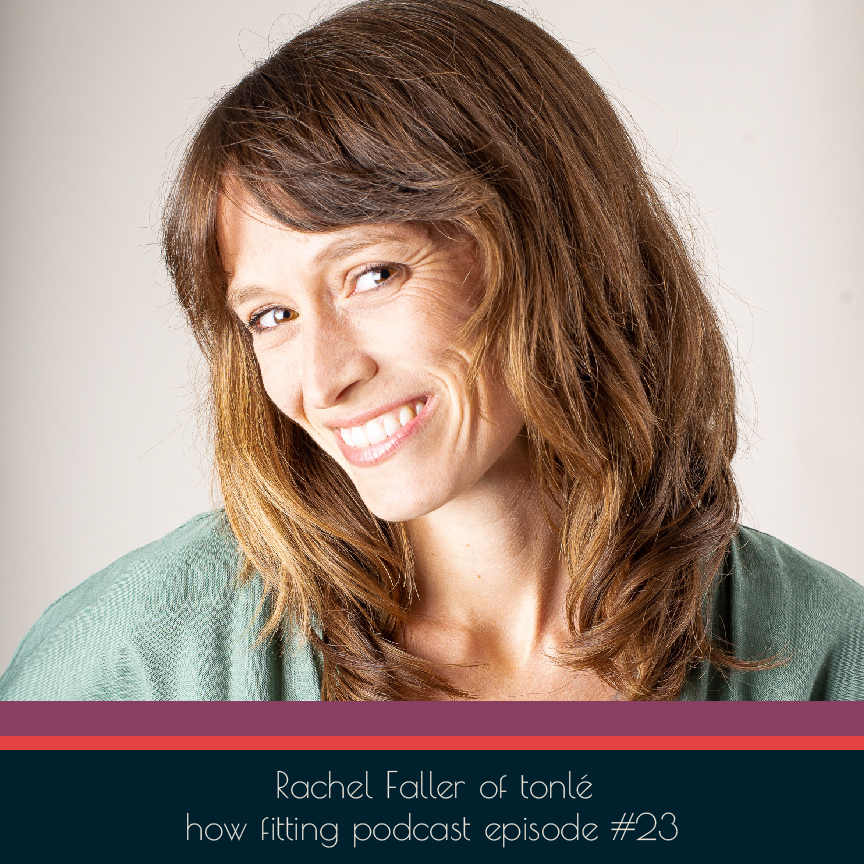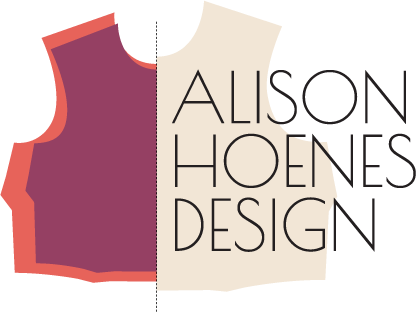
Episode 23 is an honest and insightful conversation with Rachel Faller, co-creator and Creative Director of tonlé, about changing the incentives of the traditional fashion system, zero-waste design, and building reciprocal relationships that are equitable for all involved.
Rachel Faller is an entrepreneur by trade and a creative at heart. She dedicates most of her time to rectifying harm within the garment industry using a systemic approach- encouraging people to think about the root of systemic injustice and tackling these issues at their core rather than simply treating the symptoms. Rachel is a co-creator of tonlé – a zero waste, ethical and sustainable fashion line that is both a brand and a manufacturer.
Alongside a small but mighty 60-person team, tonlé is setting a new standard for the fashion industry: That is, to create a business where everyone benefits and thrives. Tonlé believes in horizontal leadership structures and designing from materials that others consider waste, as well as addressing the root causes of the industry’s problems: namely, capitalism, colonialism, misogyny and white supremacy.
Rachel is also a co-founder at Reclaim Collaborative, and writes at Just Fashion, a medium publication that explores the intersection of justice and fashion. Rachel’s personal and community care practices include crafting, painting, mending, gardening, and foraging. She says: “The process of making something or growing something, while in some ways feels like an act of self-preservation or self-reliance — often reminds me of how many people I depend on for my daily existence. I’m reminded of the labor, and hopefully, love, that went into my food and clothing. These practices ground me in reciprocity and the knowledge that, individually — we can’t do much. But collectively, we are powerful.”

In this episode, you’ll learn:
- How Rachel got into the fashion industry even though it was something she never wanted to do
- How Rachel got connected with artisans in Cambodia
- The truth about the traceability of materials and labor at different stages of fashion supply chains
- How the typical fashion industry systems put all the responsibility and risk on factories while giving the brands all the benefit
- Why being a vertically integrated brand completely changes the incentives and relationships for tonlé compared to typical fashion brands
- How being vertically integrated has created a more harmonious relationship between design and production and a better customer experience
- How to approach a factory and communicate with respect and fairness
- The fine line between white saviorism and truly equitable relationships within ethical fashion
- How you as a customer can incentivize brands for either good or bad
- Tonlé’s approach to zero-waste design
- Is deadstock as sustainable as it is perceived as?
People and resources mentioned in this episode:
- tonlé website
- tonlé on Instagram
- FabScrap textile waste recycling and resale
- Braiding Sweetgrass by Robin Wall Kimmerer
Do you want fashion business tips and resources like this sent straight to your inbox? Sign up for the How Fitting newsletter to receive new podcast episodes plus daily content on creating fashion that fits your customer, lifestyle, and values.
